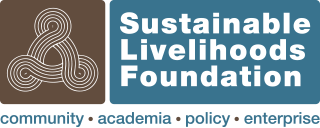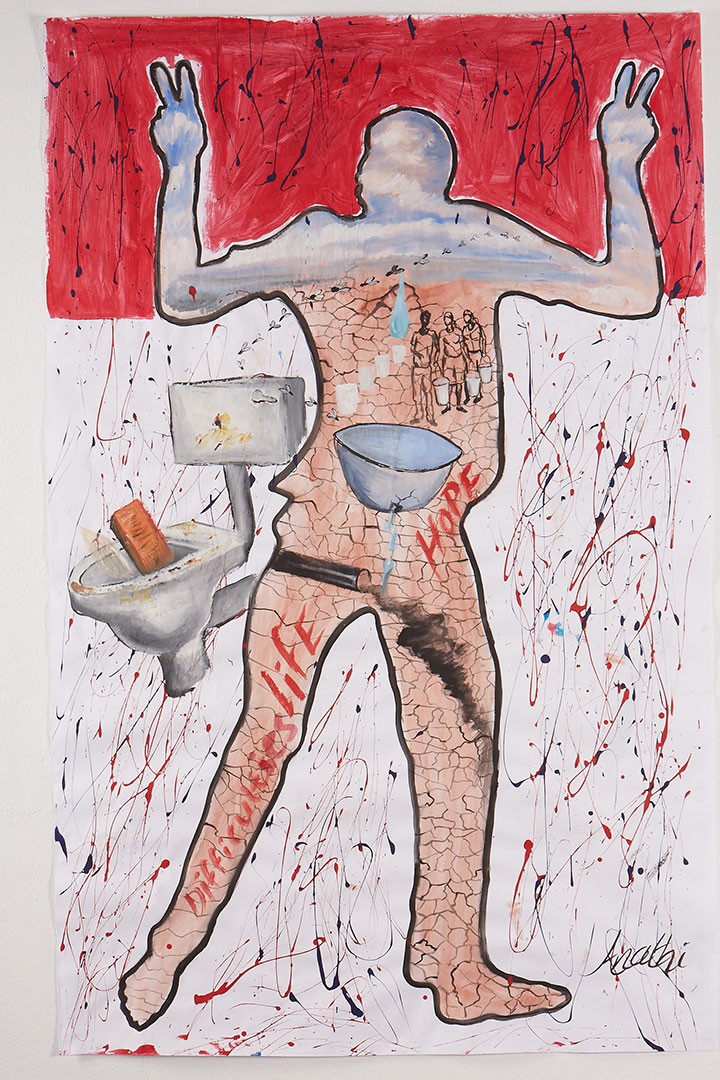This community case study outlines the ‘Bucket Loads of Health’ project, facilitated by the Sustainable Livelihoods Foundation within the Western Cape province of South Africa. Amidst the 2018 Western Cape water crisis, this initiative aimed to engage residents of Delft and Enkanini, marginalized communities near Cape Town and Stellenbosch, respectively. Employing participatory visual methods, the project fostered knowledge exchange between community members and water microbiologists from Stellenbosch University. Techniques included body mapping, role-play performances, and community-generated films, juxtaposed with hand maps, posters, and presentations created by the scientists. Despite its successes, the study highlights challenges faced in garnering governmental recognition for politically ambitious community engagement efforts. It argues for research institutions and funders to align with professed commitments to engagement with adequate training and sustained resources. The notion of engagement integrity is introduced to elucidate the disjunction between recommended standards and practical limitations, such as funding constraints, short project timelines and lack of political will.

